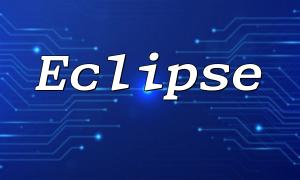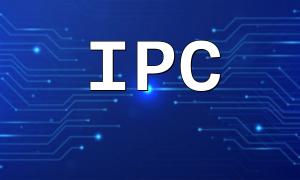Choosing the right backend framework is critical in modern mobile app development. PHP, a mature server-side programming language, has long supported web development through robust frameworks like Laravel and Symfony. But is it still suitable for powering large-scale mobile applications? This article examines the question from multiple perspectives.
Despite the rise of newer technologies, PHP frameworks continue to offer unique advantages that make them competitive options in backend development.
Frameworks like Laravel and Symfony offer pre-built modules, tools, and components that significantly boost productivity. For instance, Laravel's Eloquent ORM simplifies database operations, reducing the amount of repetitive code.
// Example: Querying a user using Eloquent ORM
$user = User::find(1);PHP benefits from a large and active developer community. Whether facing technical issues or seeking development resources, help is readily available. Extensive documentation and tutorials also make it easier to get started with popular PHP frameworks.
Modern PHP frameworks are designed for modular development, allowing developers to add features as needed. This architecture is particularly helpful in scaling and maintaining growing mobile applications.
While PHP frameworks offer many advantages, they may present certain limitations when handling highly complex, high-traffic applications.
Being an interpreted language, PHP can fall short in performance compared to compiled languages like Java. In scenarios with high concurrent traffic, PHP’s response time may not meet the necessary performance standards.
Modern mobile applications often require real-time interactions, such as live messaging. While technologies like WebSocket can be used with PHP, native support is limited and requires additional configuration and tooling.
As projects scale, so does the complexity of maintaining clean and structured code. Although frameworks provide structural guidelines, poor architectural decisions can result in cluttered codebases, slowing down development.
When selecting a tech stack for large-scale mobile development, PHP frameworks compete with other modern backend technologies, each with their own strengths.
Built on an event-driven, non-blocking architecture, Node.js is ideal for high-concurrency and real-time applications. It often outperforms PHP in scenarios like live data streaming or real-time messaging.
Java’s compiled nature and robust memory management make it a popular choice for enterprise applications. Frameworks like Spring are known for their reliability, scalability, and powerful multi-threading capabilities.
PHP frameworks can still be a viable choice for large-scale mobile application development, offering fast development, strong community support, and scalability. However, their limitations in raw performance and real-time processing should be considered. If the team plans carefully and aligns architecture with project needs, PHP can deliver excellent results. Ultimately, the choice of backend technology should reflect the project’s specific requirements, team expertise, and long-term scalability goals.









